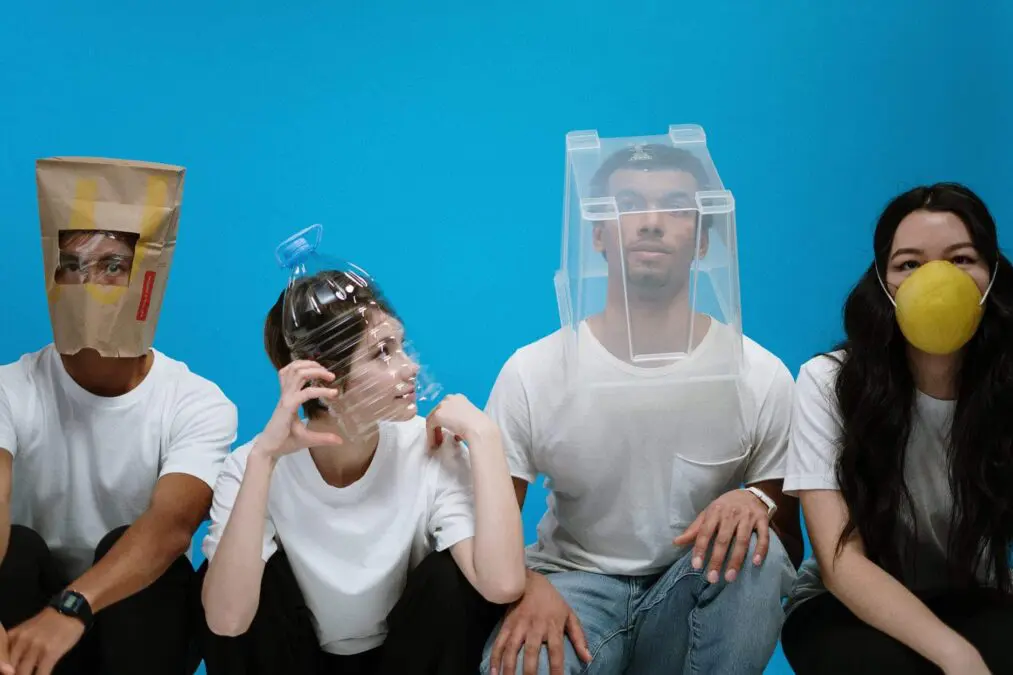As we go into the winter months, WHO/Europe is urging people to take preventive measures, including getting vaccinated, to help stop the spread of COVID-19. Over recent weeks, the WHO European Region has seen a huge surge in case numbers. In the last week alone, there were more than 2.5 million new cases and 29 466 deaths from the disease.
As Katie Smallwood, Incident Manager for COVID-19, says, “After 2 years of disruptions to our lives caused by the COVID-19 pandemic, we are all naturally desperate to return to a sense of normality and to get back the freedoms we had before the pandemic. Unfortunately, we’re not there yet. This is a critical moment for our societies and we need to be really vigilant given the potential threats we face this winter.”
Avoiding a return to widespread lockdowns
Already in the Region, some countries are seeing the introduction of partial and full lockdowns as the epidemiological situation worsens.
Yet Ihor Perehinets, Pillar Lead for Public Health and Social Measures (part of the COVID-19 Incident Management Support Team), points out, “Lockdowns have severe impacts on economies, livelihoods and mental health, and should only be used as a measure of last resort.”
He adds, “Our latest campaign being rolled out by country offices emphasizes that we can all help avoid lockdowns this winter by getting vaccinated and taking the other personal protective measures that are proven to be effective.”
These measures include:
- regularly cleaning hands
- maintaining physical distance from others
- wearing a mask in closed spaces
- coughing or sneezing into a bent elbow or tissue
- avoiding closed, confined and crowded spaces
- ensuring good ventilation indoors.
“By combining all these measures with getting vaccinated when it’s our turn, we can significantly reduce infection, not just with COVID-19 but also with other respiratory viruses such as influenza that are also circulating over the winter period,” Ihor concludes.
Making preventive measures part of our daily routines
WHO/Europe is keen to stress the importance of adopting these measures as a matter of course to help stop infection and halt the spread of the virus.
Katie explains, “In the same way that we routinely think to put on a seatbelt when driving to protect ourselves from injury, we should routinely clean our hands and keep a distance from other people to protect from disease infection.”
What can governments and authorities do?
Governments and authorities are urged to maximize vaccination outreach to all, especially vulnerable and eligible groups. This includes putting appropriate systems in place to ensure easy and affordable access to and high acceptance of vaccination.
However, no country can simply vaccinate its way out of the pandemic. On its own, vaccination helps to reduce infection and transmission, but it does not completely prevent them. In addition to vaccines, countries need to use other tactics to drive down the pandemic curve.
These tactics include encouraging and enabling people to adopt the personal protective measures listed above, as well as strengthening public health interventions such as testing and contact tracing, genetic sequencing of test samples to confirm cases, and monitoring the emergence and spread of new variants. By doing so, countries can avoid having to apply more stringent measures later.
Supporting countries to make the right choices
Recently, WHO/Europe launched its online COVID-19 Public Health and Social Measures (PHSM) Calibration Tool to help governments and authorities decide on the type and level of measures to implement in their countries. It works by bringing together all the crucial information needed to make an assessment, and then providing a situational report with recommendations on the measures needed.
By using the PHSM Calibration Tool regularly, governments and local authorities can quickly adjust their measures to suit the current or predicted situation. In turn, this should help to reduce transmission of the virus, relieve pressures on health systems, and lessen numbers of people becoming seriously ill or dying from COVID-19.






